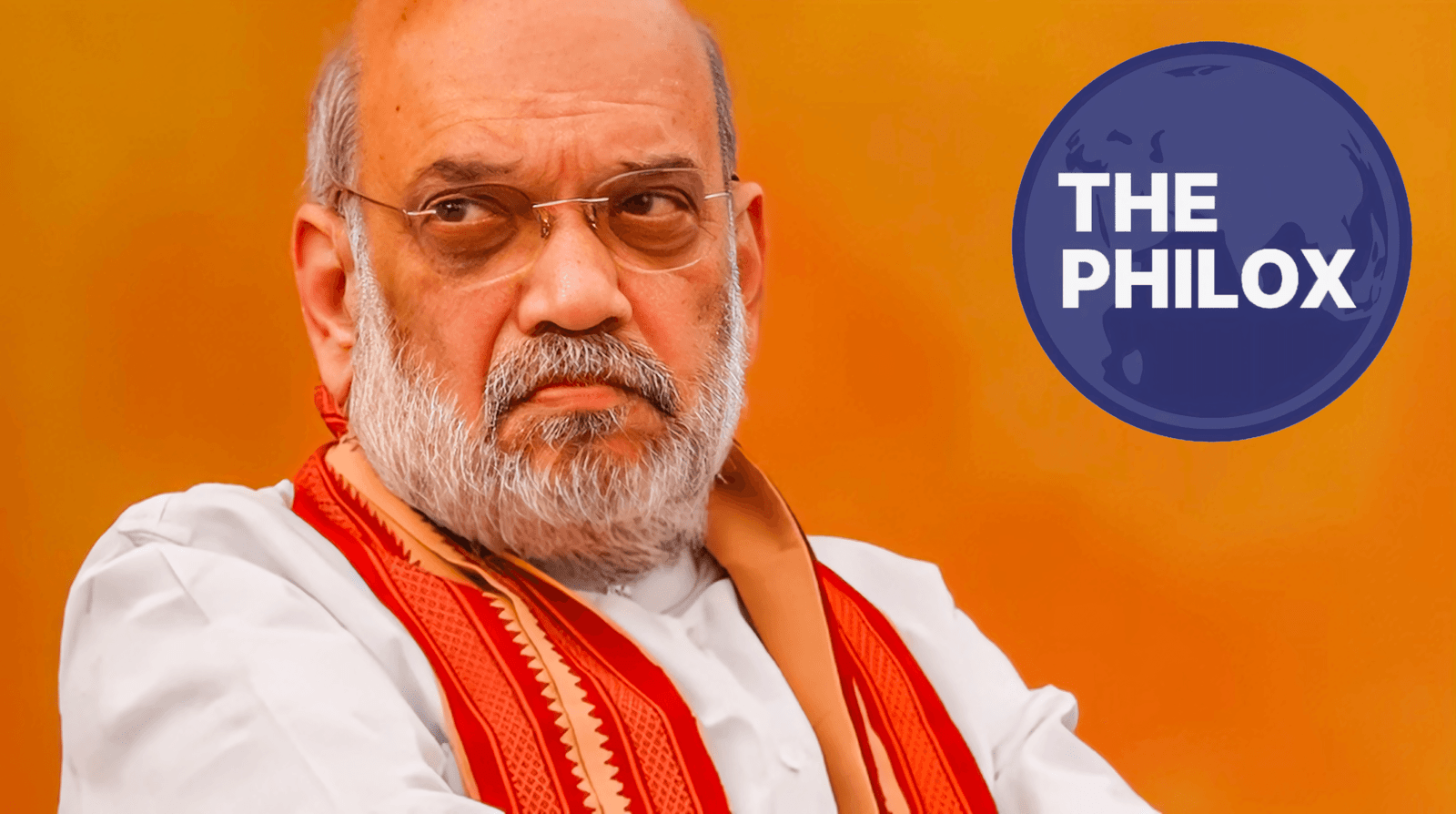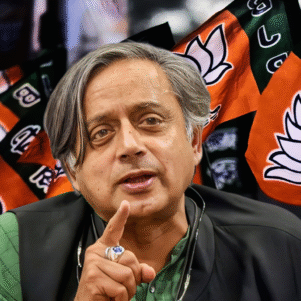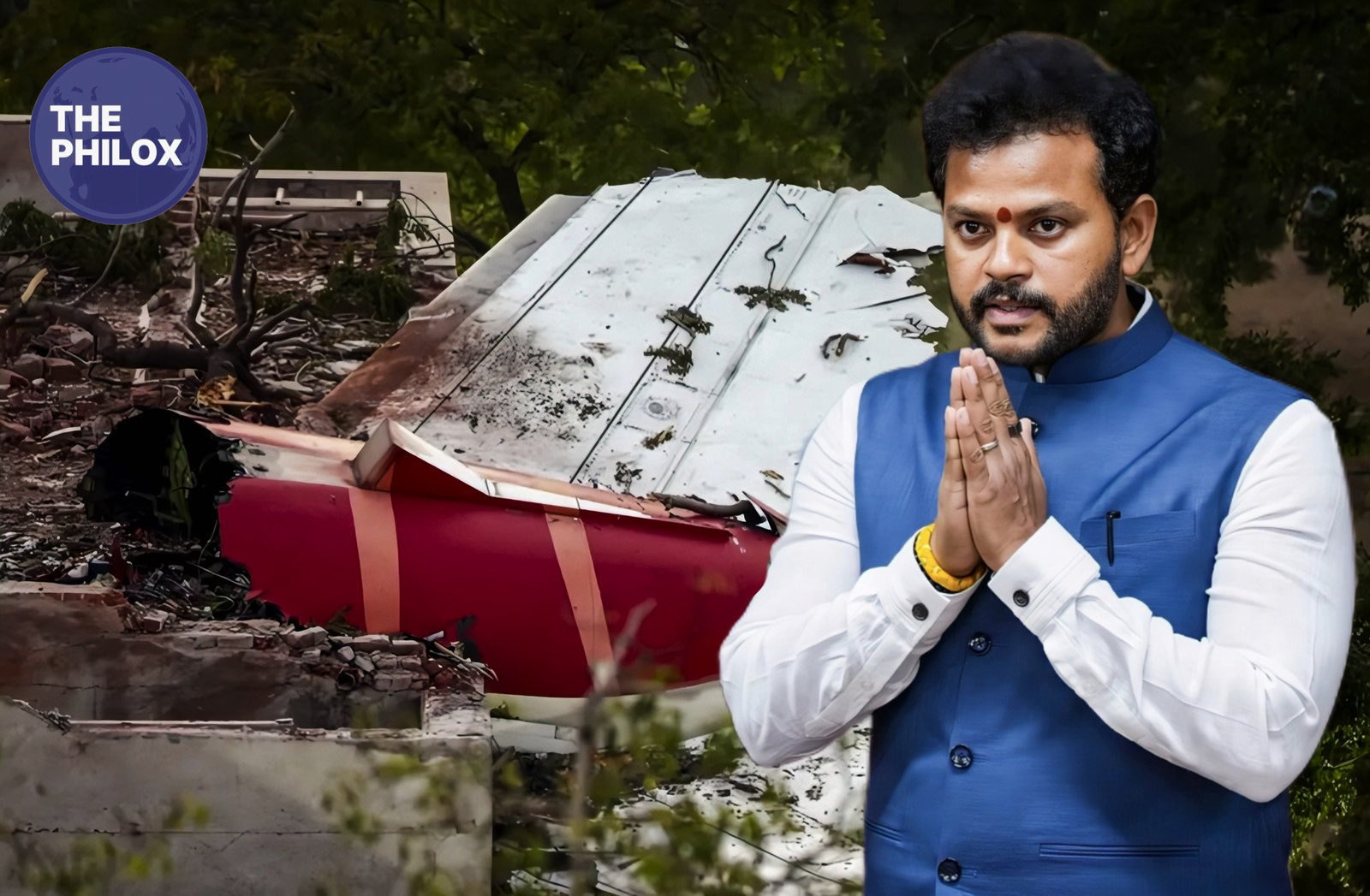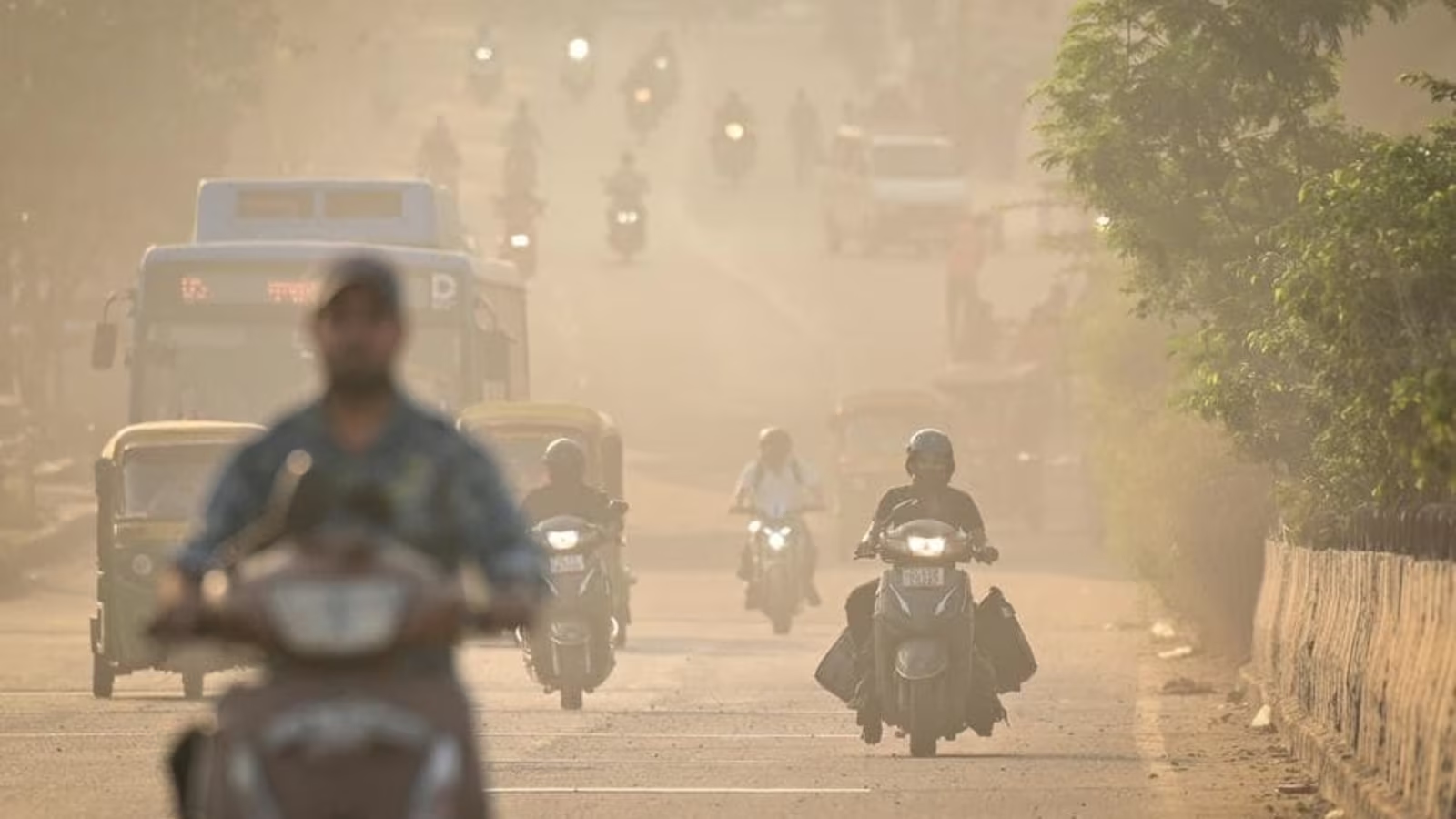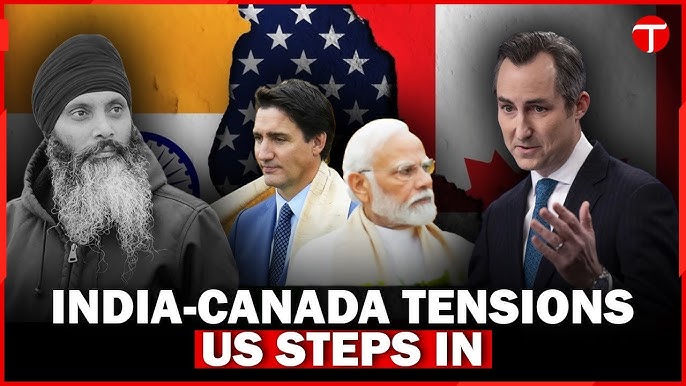Amit Shah, the minister of union homes, has said that a new law is under preparation by the federal government.
This legislation will reverse the latest Supreme Court decision allowing the Chief Minister additional authority over the Governor in state administration.
Nationwide, the announcement has generated a lot of conversation and debate. Many individuals are today attentively observing the future actions of the government.
Background of the Ruling of the Supreme Court
The Supreme Court decided lately on the interaction between governors and chief ministers. The Court decided that the Chief Minister ought to have more influence over state administration.
In most cases, it said, the Governor should behave in line with the recommendations of the elected government.
The decision sought to ensure that democracy is honored and that governors, selected by the central government, do not meddle excessively in affairs of states.
State governments considered this choice as their triumph. Many analysts believed it would enhance federalism in India, where central and state governments share authority.
Amit Shah’s Declaration
Speaking at a function, Amit Shah said the federal government disagrees with the opinion of the Supreme Court.
He clarified that the administration thinks the Governor’s influence should be still crucial to sustain balances and checks.
He said that governors monitor state governments and guarantee that they follow the guidelines of the Constitution.
According to Amit Shah, a new law would shortly be enacted to restore the Governor’s authority restricted by Supreme Court decision.
He also mentioned that the government is dedicated to preserve the spirit of the Constitution as it is understood. Shah further noted that governors serve as a link between the federal government and the states; so, their power ought not to be undermined.
Reactions from Opponents’ Parties
Opposition parties reacted strongly to the declaration. Governors from many states attacked the scheme.
They charged the central government of undermining democracy by meddling in affairs of states.
Some officials claimed that the action would upset the equilibrium between the Centre and the states, therefore compromising a crucial component of India’s federal system.
Many Chief Ministers also expressed opinions. They claimed that the decision of the Supreme Court made it abundantly evident that the elected representatives of the people should be the main authority.
Turning the decision could cause further disputes between state governments and Governors, they cautioned.
Legal and Political Obstacles Still to Come
For the federal government, implementing a new legislation will not be easy. First the law will have to pass both Houses of Parliament. Should opposing parties object, it could prove challenging to get approved.
Should the measure be approved, it may once more be contested before the Supreme Court. Legal analysts claim the Court may reject any law seeming to contradict the Constitution.
One also considers the political aspect. This action might become a major electoral topic given multiple state elections scheduled. Claiming that the federal government is trying to revoke state authority, opposition parties are likely to mobilize support using it.
What Is Next?
It is unclear for now when the government will present the new law. Amit Shah has merely mentioned that it will happen not too far off.
People want to see the specifics of the legislation and how the administration intends to defend it.
Arguments about the responsibilities of Governors and Chief Ministers are probably going to last as well.
The future of India’s federal system is under discussion by many legal analysts, political leaders, and regular people nowadays. Major political and judicial conflicts over this matter could surface in the next months.
The declaration made by Amit Shah gives the continuous discussion on the authority of governors and chief ministers an additional twist.
It emphasizes how crucial the interaction between the Center and the states is for the survival of Indian democracy.
The nation will be attentively observing to see how this significant narrative turns out as the government advances with its agenda.
